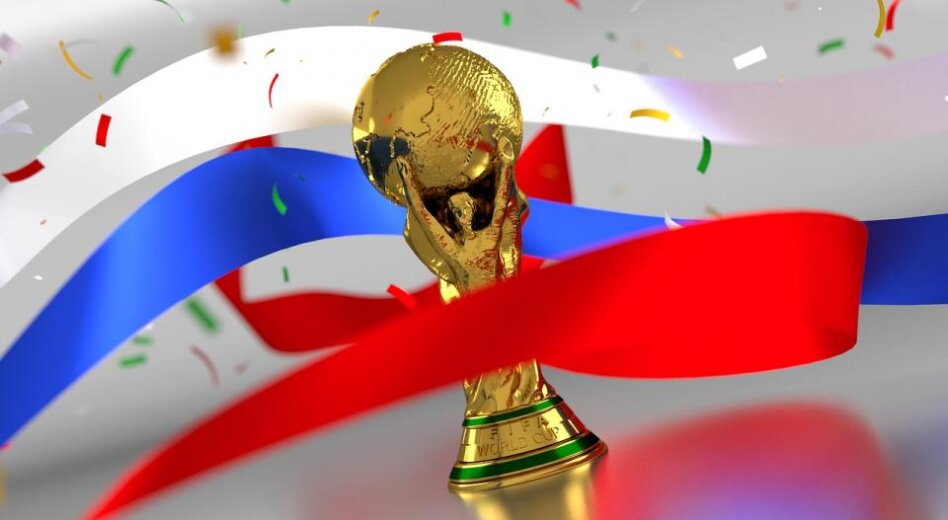The game that Americans call soccer and the rest of the world calls football, creates an unique world of devotion and energy, with cultural barriers diminished in importance by the love of a game that is played the same way everywhere. Fans and players from all over the world have been gathering in Russia since June 14 to enjoy the ultimate soccer event, the World Cup 2018.
However, no matter how well participants know the game itself, language services at the World Cup are integral to its success. The international “language” of familiar plays and rules taking place on the field is also accompanied by a constant stream of reporting, forecasting, and statistics in multiple languages, as well as communication between players, coaches and referees. How are the dozens of languages spoken by teams and audiences alike translated to keep the details clear and flowing smoothly during the World Cup?
FIFA (the International Federation of Association Football) has four official languages: English, French, German and Spanish, and most communications for its members are available in all four of these languages. The organization has 211 member associations globally and over 500 employees from 50 different countries work at its headquarters in Zurich, 17 of which comprise the Language Services Department.
The language demands really heat up every four years when the World Cup stages hundreds of events with interpreters for the language of each of the two teams and the two head coaches, as well as the host country’s language and FIFA’s official languages. During the 2018 World Cup a remote translation center for these nine languages is operating out of Moscow, busily managing the interpretation of press conference.
Pre-World Cup preparation by FIFA’s Language Services Department streamlines translation on-site at the games; the department creates style guides and MT translation memories for those situations when there is enough repetition that MT can help. But in addition to ordinary words and soccer-specific terms, there is also a great deal of soccer slang that could stump the best of translators.
For hundreds of years humans have played some form of football, at times using rocks or balls stuffed with feathers and hair, and its current form was established in the 1800s in England. Today fans and participants at the World Cup are exposed to the sounds of dozens of different languages being chanted, cried out, and spoken on the field and in interviews. Some volunteer World Cup translators are available for visitors to help navigate events, but such services are limited and translation apps like Google Translate have been critical for filling in the gaps. Another means of ensuring that you don’t miss a thing when multiple languages are being spoken, is the use of professional language services. Contact Skrivanek for personal assistance with interpreting or translation at important events you plan to attend abroad.
J. V. McShulskis
